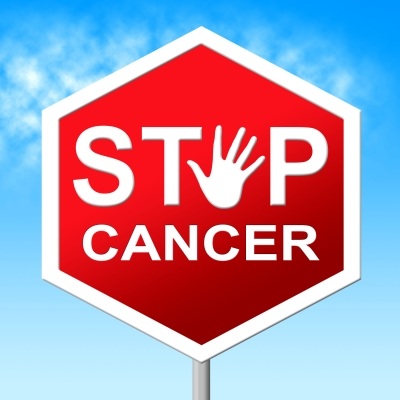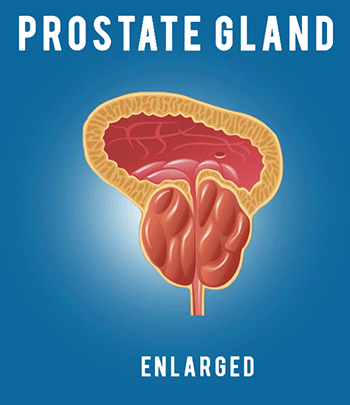Testicular Cancer – Risks and Prevention
Testicular Cancer – Risks and Prevention

Image courtesy of Stuart Miles at FreeDigitalPhotos.net
Testicular cancer usually appears in men between the ages of 20 and 35 years. It is a rare type of cancer that occurs in younger men. However, men of all ages may develop this type of cancer, but not nearly as often. Another risk factor for testicular cancer is race and ethnicity. Namely, studies have shown that men of Caucasian origin of age are more prone to developing this form of cancer. Family history, undescended testicle, HIV, and toxins are among the common risk factors. According to numerous studies, people who are suffering from any type of cancer have some form of liver problems. It implies that cleansing and detoxification are great ways to prevent any type of cancer or hinder cancer growth. Detoxification plays a crucial role in healing. For that reason, many experts suggest eating a lot of fresh fruits and vegetables, especially the ones rich in flavonoids and vitamin C. Therefore, blackberries, blueberries, raspberries, and all kinds of berries should be included in a diet of men that are at great risk for testicular cancer. To learn more about what to eat to prevent testicular cancer, the article http://www.alive.com/health/preventing-testicular-cancer-naturally/ gives us the following tips.
Testicular Cancer – Risks and Prevention
The following is a list of the most important of these foods, their postulated active ingredients, as well as how they are believed to work in preventing cancer.
– Basil contains monoterpenes, which are antioxidants known for their cancer preventive effects.
– Garlic, onions, and chives contain allylic sulfides, which have antibiotic, antifungal, and antiparasitic properties. Since many scientists now postulate an infectious etiology for cancer, garlic may be exerting its anticancer effects via its antimicrobial properties.
Berries of all kinds, especially the European blueberry (a.k.a. bilberry) are very high in bioflavonoids called proanthocyanidins and catechins, strong antioxidants known for their anticancer effects. Strawberries contain ellagic acid, a proven cancer-fighter that protects the body’s genetic material from damage by carcinogens.– Green and black tea contain polyphenols, which have potent antioxidant and anticancer effects. Flavonoids are also found in apples and onions, which have similar cancer-inhibiting effects. An adequate daily intake of flavonoids or polyphenols for this purpose would be approximately four cups of tea, an apple, and one-eighth of an onion.
– Tumeric and cumin are two similar spices that are both high in curcumin, a strong anti-inflammatory compound. Curcumin can be effective for both cancer prevention and treatment. It has powerful antioxidant effects and protects the liver from damage by drugs and chemicals.
– Broccoli, cabbage, Brussels sprouts, cauliflower, kale, rutabaga, and mustard greens are vegetables all high in indoles, sulfoxide, and 5-methyl-methionine, all of which have potent anticancer effects. In addition, consumption of these foods helps improve liver detoxification. Broccoli fights cancer through its sulforaphane content, which research indicates blocks the growth of tumours in mice.
– Citrus fruits contain not only vitamin C but also numerous bioflavonoids including quercetin and limonoids. High doses of vitamin C and the bioflavonoids have antiseptic, anti-inflammatory, anti-allergic, and anticancer effects. Ruby red grapefruit is also a source of lycopene, an antioxidant similar to beta-carotene that has potent cancer-fighting properties.
Medical experts consider testicular cancer as highly preventable. Its survival rate is 99 percent. Even though this type of cancer develops slowly and is mainly curable, it will not pass on its own. Various alternative ways are out there. But, to make them effective, they need to be applied. Knowing the risks and ways of prevention may help minimize the consequences of testicular cancer or even avoid it.


